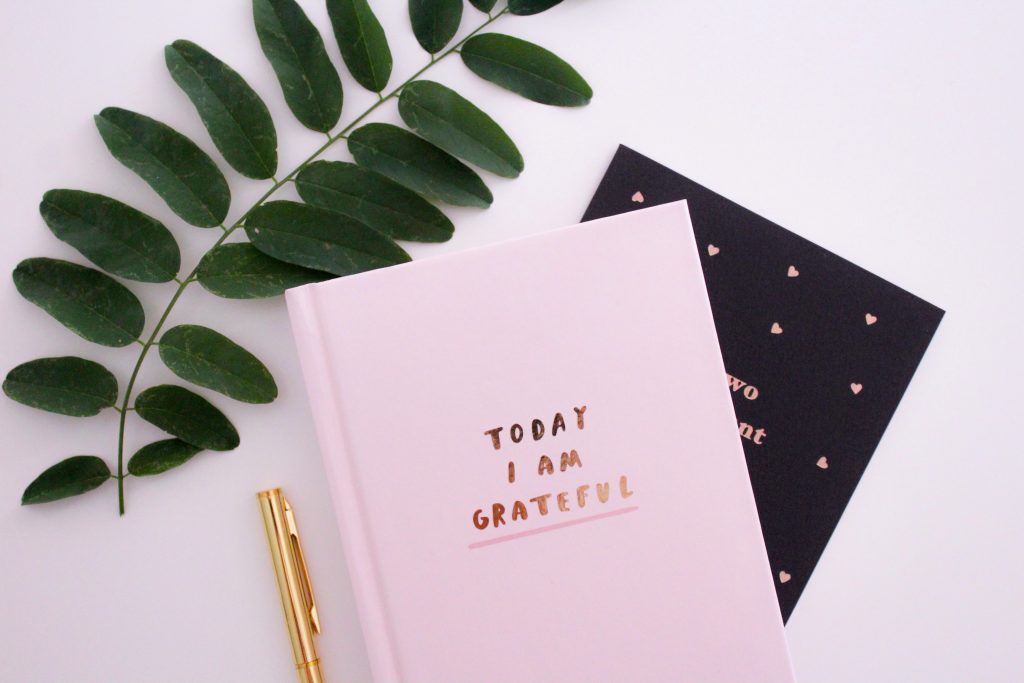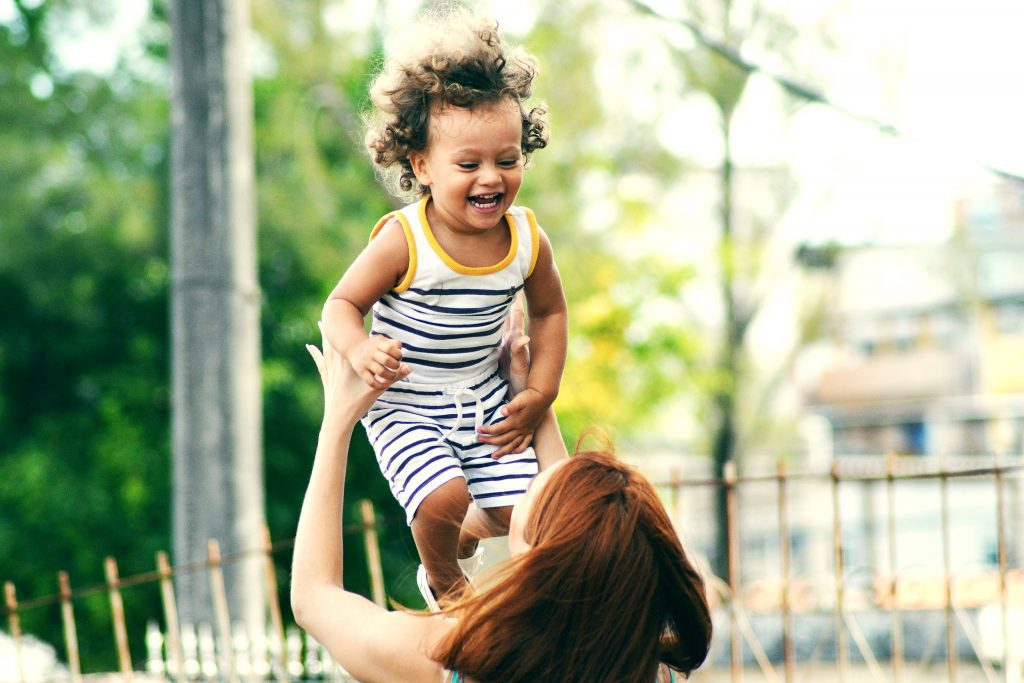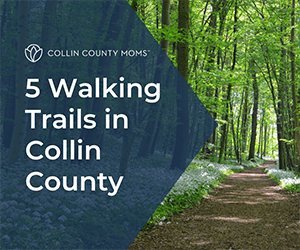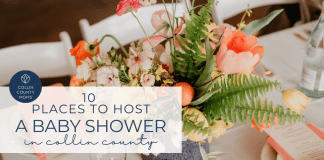Can you believe it? It’s November already. A time when we traditionally gather with family and friends, eat way too much, and celebrate the things we’re thankful for.
This year, however, it may feel like there’s not much to be thankful for. What a year.
Growing up, one of my favorite movies was Pollyanna. Sadly, these days the term “Pollyanna” has taken on a negative connotation. You often hear people using the term apologetically: “I hate to be a Pollyanna about this, but…”
When people think of a “Pollyanna,” they tend to think of an overly optimistic, goody-two-shoes who is in denial about the harsh realities of the world. But in fact, Pollyanna was not unrealistic or overly optimistic at all.
Pollyanna understood a concept that we too often forget: Gratitude sets our attitude.

In life, no matter how bad things might get, you can always find something to be thankful for if you’re looking for it. Then gratitude isn’t something you try to “do,” it becomes a lens through which you see the world.
Sometimes things get taken away and sometimes they are given. It’s the ability to appreciate what you have that shapes you.
The field of positive psychology is beginning to seriously study the effect of gratitude on emotional well-being. Their findings: You curate your emotional life by what you pay attention to. A large body of research has shown that those who engage in the regular exercise of gratitude experience a multitude of benefits, including greater happiness, improved sleep, increased ability to persevere in the face of difficulty, and greater overall life satisfaction. When we feel gratitude, we show more appreciation for those around us which helps build and strengthen relationships.
In short, the healing power of gratitude is that it makes you a healthier, happier you.

To cultivate a deep sense of gratitude, you have to go beyond the “Grateful, Thankful, Blessed” colloquialisms. Look deeper. See your kids putting their dishes away without being asked, or the lady who let you ahead of her in line at the checkout, or the guy who waved you into traffic.
Really? You may ask. Is this going to work?
Neuroscience says it does.
Gratitude isn’t just a wimpy platitude, it’s an emotion of power that changes the way you view and live your life.
So this Thanksgiving season, in spite of all the hardships, let’s be people characterized by optimism and a predisposition to look for the good. Because being grateful precisely when it’s hardest is when it does the most good. Not just for you, but for everyone around you.
And that’s something to be thankful for.














Well said Alisa! I totally believe this and have been journaling my daily gifts for several years now. It makes all the difference in my attitude and sets me up for a day to look for the blessings that I may have missed if I was focused on the negative.